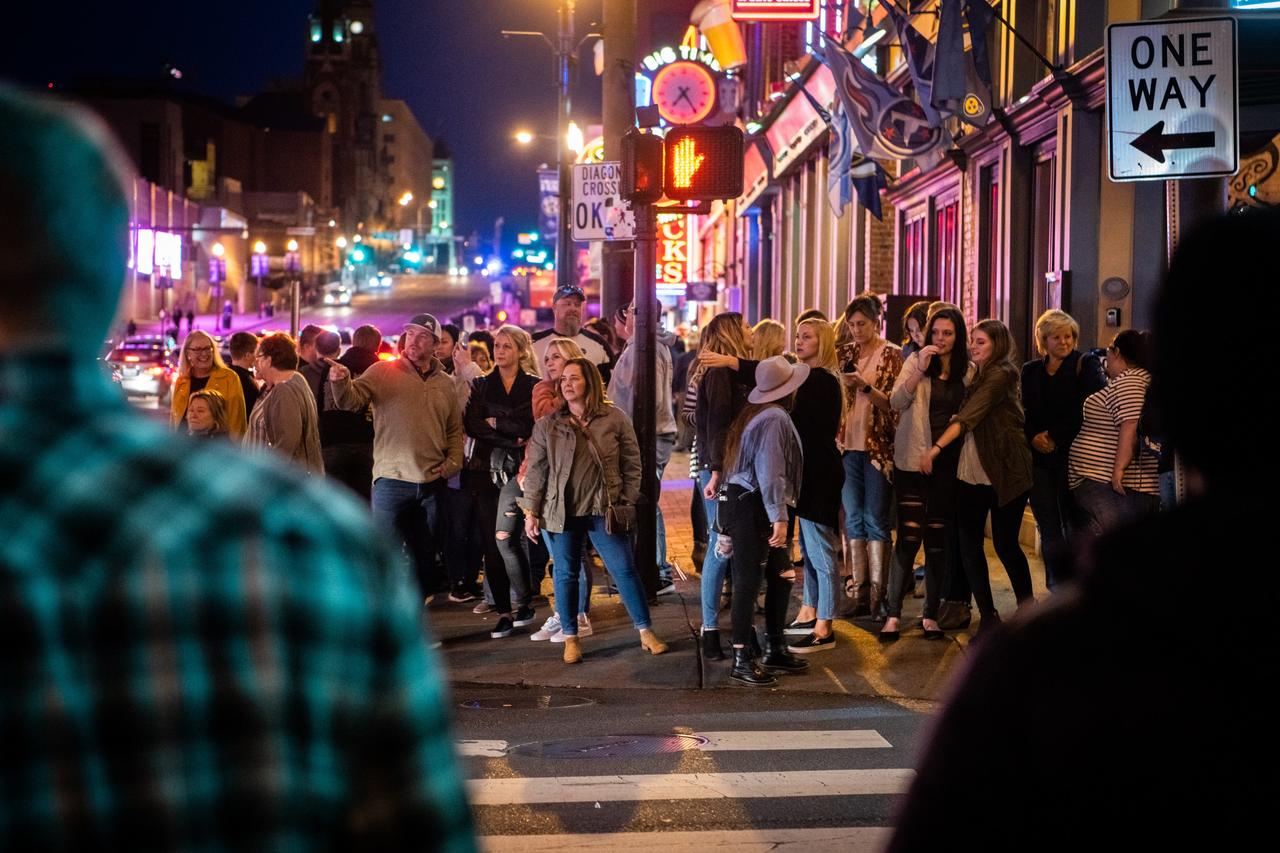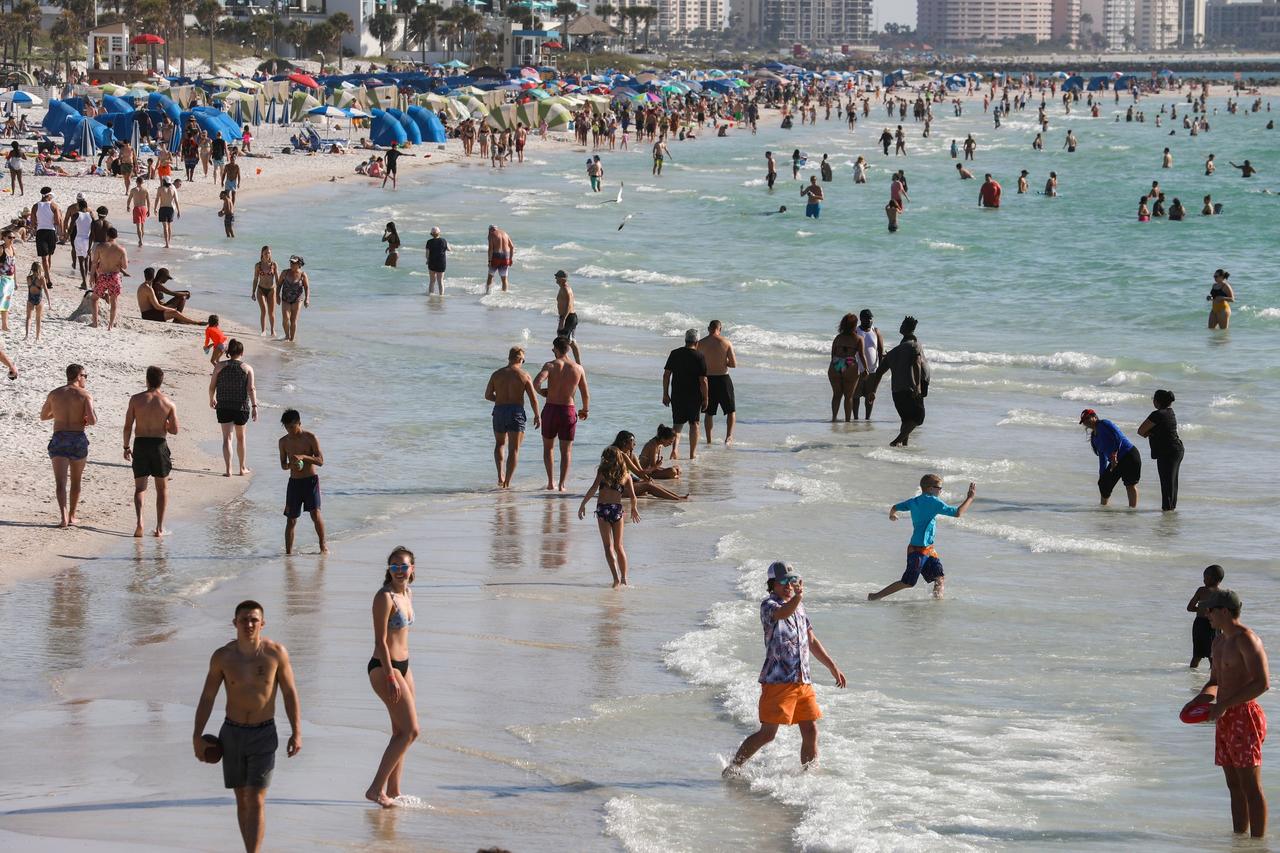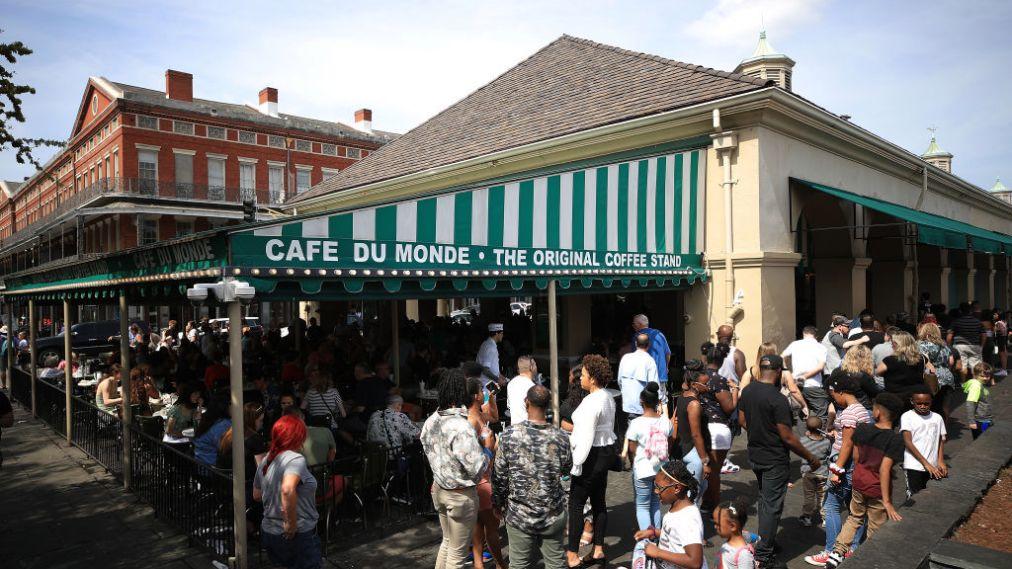As cities across the nation began going into lockdown last week and millions of Americans started self-isolating, we brought your attention to the lascivious scenes of beer-guzzling thong-clad coeds and self-styled ‘invincible’ frat bros swarming the remainder of open beaches throughout Florida, Texas and the south — who partied right up to the moment some beach towns began closing down on their ‘extended’ Spring Break as universities went to online-only classes.
So who would have have thought more and more universities across the country would days later begin seeing local reports like this?
Five University of Tampa students are recovering after testing positive for COVID-19 during spring break, the school said.
The university said the students were traveling together and with other UT students during spring break before testing positive. The school didn’t say where they went during their break or if they lived on or off campus.

At the end of this chaotic week of a flood of unprecedented headlines as Covid-19 infection rates rise exponentially in the United States — tracking with virus-devastated Italy numbers — The New York Times has this aptly titled story: Deniers and Disbelievers: ‘If I Get Corona, I Get Corona.’
The story begins:
They were the defiers and the disbelievers. They were those eager to flout authority or those afflicted with cabin fever, if not Covid-19. They were the officials crowded on the podium of the White House briefing room, doing not as they say.
They were all people who dismissed the calls for isolation, seeing more reward than risk in gathering. They conflated confidence with immunity. As in other times of national crisis, they exposed the relationship between individuals and society and our responsibility to others.
“If I get corona, I get corona,” a reveler in Florida said in a widely-shared television interview. “At the end of the day, I’m not going to let it stop me from partying.”
Under pressure, both social and governmental, their numbers shrink by the day. Their impact on spreading the virus may never be known.
Who would have thought?…
This can’t be true. https://t.co/SLI7kZMoLa
— Corona The Savior (@daveanthony) March 22, 2020
And yet while numbers out of Italy and now the United States increasingly show that while statistically-speaking the elderly and infirm remain at higher risk getting extremely ill leading to hospitalization or even death, there are plenty of instances of the virus ravaging the young and under 50 demographic as well.
Downtown Nashville is undefeated. pic.twitter.com/BFIOzukFct
— Janna Abraham (@SportsPundette) March 15, 2020
In most any town or city across the USA which has declared a ‘health emergency’ and shuttered its bars, cafes and restaurants — one can go out and observe an interesting phenomenon: small businesses especially in the food and beverage industry are being hit hard, and yet places like Home Depot, Lowe’s, Hobby Lobby, Best Buy and department stores and even in some instances local malls are still packed out.
If this is hard to believe, just go take a drive to your local strip mall in most any major suburb or urban area, especially in the central and mid-west United States — you’re likely to still find a lot of activity.
“Across the United States, from Florida beaches to California mountains, casinos to national parks, legions dismissed the growing demands this past week to isolate themselves and stop congregating as the coronavirus spread through the country” https://t.co/853NfQ7zqB
— igorvolsky (@igorvolsky) March 22, 2020
“Nothing’s really changed,” as one factory worker in the Midwest told the NY Times. “It’s just nerve-racking.”
The Times has this astounding paragraph about the same company:
The same day, a manager at one Uline call center sent a note to employees.
“If you, or family members, are under the weather with cold/allergies — or anything aside from Covid-19,” it read, “please do NOT tell your peers about the symptoms & your assumptions. By doing so, you are causing unnecessary panic in the office.”
And there’s this gem out of Rhode Island: “In Rhode Island, among businesses cited for ignoring social-distance warnings was Wonderland, a strip club, where customers were still receiving lap dances last weekend.”

Lest anyone think it’s merely young people and businesses struggling to endure the crisis with some degree of normalcy in their routines, the report notes that plenty among the retired community were determined to remain on the crowded beaches this past week.
Amid the scenes of throngs of thirtysomethings still going out to brunch or twentysomethings crowding beach-front bars early last week, was this per the Times:
Not all beachgoers were young people. A retired doctor and self-described “metal detectorist” named Larry Leguire, 68, from Columbus, Ohio, had been in Florida since December. On Thursday on Clearwater Beach, he found four rings, two of which he believed were gold, plus a handful of coins, aluminum cans, pull tabs and bottle caps.
“It was crazy out here yesterday,” Mr. Leguire said. “You saw it, right? Today is a lot less. I think it’s the coronavirus and the news about all the kids congregating.”
“Stay home, boomer,” a headline at The American Conservative reads, while quoting this testimony in The New Yorker: “As I spoke to my peers, I realized that I wasn’t alone. A lot of us have spent the past week pleading with our baby-boomer parents to cook at home, rip up the cruise tickets, and step away from the grandchildren.”

And a 69-year-old woman quoted in the Times report captures the mindset of those determined to carry on as usual, as if there’s not a global pandemic threatening societal collapse.
“You’re going to die of something at our age anyway,” Ms. Algie said. “You can’t stop life.”